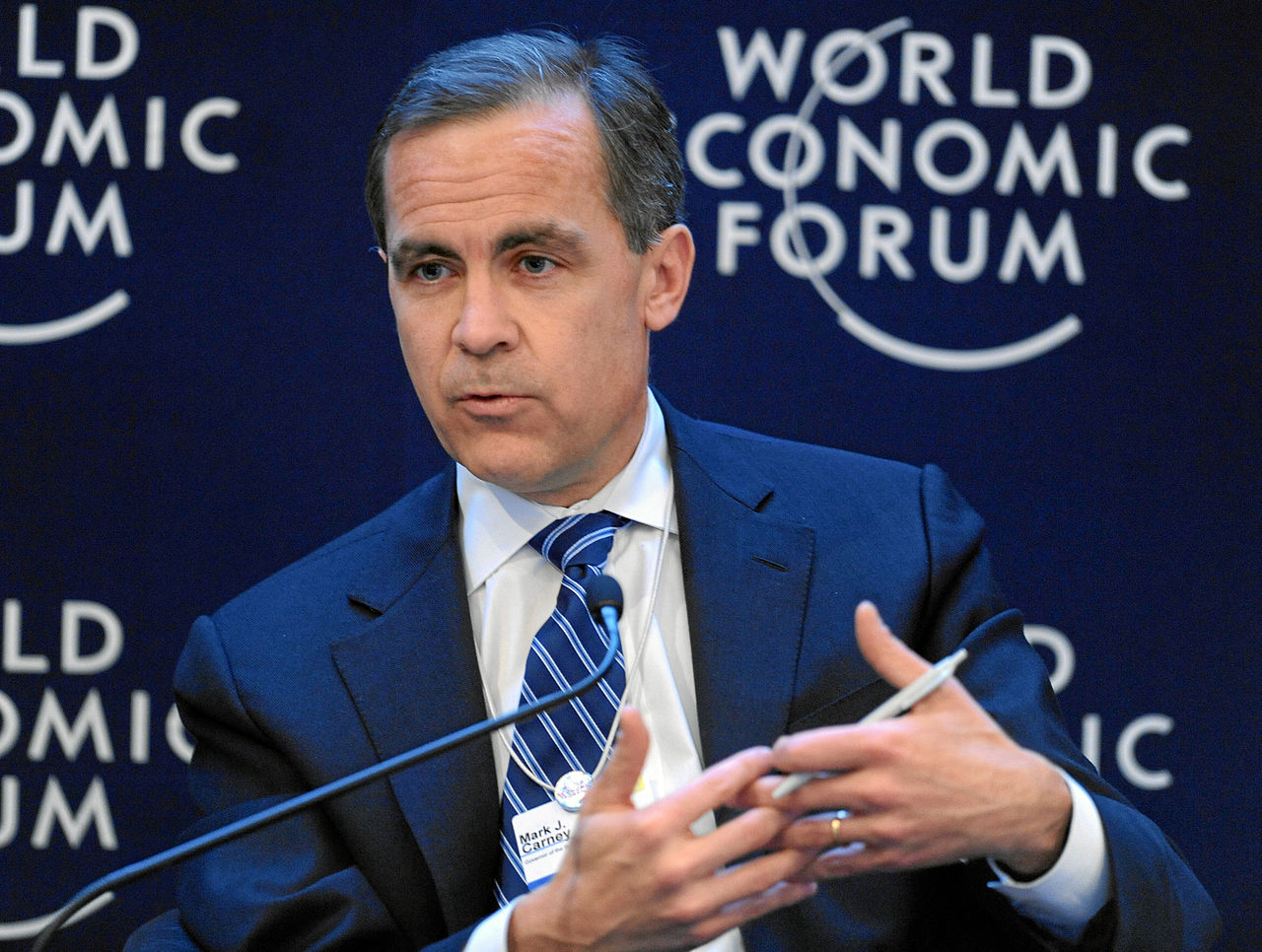The legitimacy of an industry-led taskforce’s recommendations for scaling up the voluntary carbon offset market has been questioned by climate campaigners, who are concerned they prioritise growing the market over ensuring it is environmentally effective.
The Taskforce on Scaling Voluntary Carbon Markets, led by former Bank of England governor Mark Carney, last night published a “roadmap” to scale the market up from about $300m at present to between $50bn and $100 billion a year, in a bid to help private companies reach net zero carbon emissions by 2050.
The new blueprint presents 20 recommendations for implementing a “transparent, verifiable and robust” market, including measures to improve the legitimacy of carbon offsets, and ensuring a governance body regulates those offsets.
But campaigners remain unconvinced that the recommendations ensure the problems with similar and controversial schemes in the past will be avoided.
Like what you’re reading? Support DeSmog by becoming a patron today!
‘On the hook’
Speaking at the virtual World Economic Forum, Carney, who launched the taskforce in September, said the market would be “catalytic” for projects in advanced economies and in creating a cross-border market for offsets.
The very practice of offsetting – buying a tonne of verified carbon dioxide equivalent to remove, replace or avoid the equivalent amount emitted – has been marred with controversy due to the well-recorded failure of the UN’s REDD+ programme to avoid deforestation through offsets.
Carney’s comments come days after DeSmog revealed the problematic offsetting histories of some of the taskforce’s most high profile members, including oil companies and airlines such as Shell, BP and easyJet, who are helping shape the direction of the market.
However Carney, who is now a UN Special Envoy for Climate Action and Finance and Boris Johnson’s Finance Advisor for this year’s COP26, said he “categorically” rejected accusations of greenwashing that have long haunted voluntary offsets. He said that the taskforce would instead “put companies on the hook” by encouraging more ambitious net zero targets, that would limit the worst impacts of climate change by restricting global warming to 1.5C or “well below” 2C.
The taskforce’s Operating Lead, Annette Nazareth, said the group would provide organisations with clear guidance and standards for offsetting, while industry consortia like controversial aviation offsetting scheme CORSIA “can help move the needle significantly”.
Read more – Shell, BP, and Easyjet: The Big Polluters Designing the Rules for Voluntary Carbon Offsets
‘Unconvincing’
Campaigners cautiously welcomed the recommendations as a way to advance the voluntary carbon offset market, but said their effectiveness was far from certain.
Sabine Frank, Executive Director of NGO Carbon Market Watch, said private sector investment in climate action was “a welcome and needed initiative”. “But more financial activity does not necessarily translate into more climate action and concrete benefits on the ground,” she said. “What we’re seeing in this report does not convince us yet that the old days of carbon offsets for greenwashing are over.”
Frank added: “We call on all investors and financial institutions involved in the taskforce to ensure their money is spent in ways which work for climate and for the people.”
The taskforce has emphasised the need for speed, with the market due to be up and running by the end of this year. Chair Bill Winters told the conference: “We can’t wait too much longer, the candle is burning at both ends.”
This apparent rush for offsets has come under scrutiny. The leaders of two environmental charities, John Sauven, Executive Director of Greenpeace UK, and Craig Bennett, Chief Executive of Wildlife Trusts, wrote to Carney this week, raising concerns that the recommendations would not be sufficiently robust.
Charlie Kronick, senior finance campaigner at Greenpeace UK, told DeSmog:
“The past failures of offsetting schemes are well documented and yet Mark Carney’s scheme risks falling into many of the same traps.”
“Crucially it has failed to address big fears the scheme will offer an easy way out for companies unwilling to do the important work of cutting their climate-heating emissions.”
“These recommendations are a sales pitch for growing the global offset market, stoking further worries about just how damaging this project could be if it ever gets off the drawing board.”
The Institute of International Finance, which sponsors the taskforce, has been approached for comment.
Image credit: World Economic Forum/CC BY–SA 2.0 via Flickr
Subscribe to our newsletter
Stay up to date with DeSmog news and alerts







